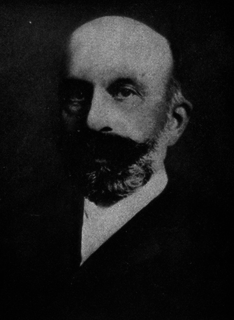A Quote by Rollo May
It may sound surprising when I say, on the basis of my own clinical practice as well as that of my psychological and psychiatric colleagues, that the chief problem of people in the middle decade of the twentieth century is emptiness.
Related Quotes
Given that the nineteenth century was the century of Socialism, of Liberalism, and of Democracy, it does not necessarily follow that the twentieth century must also be a century of Socialism, Liberalism and Democracy: political doctrines pass, but humanity remains, and it may rather be expected that this will be a century of authority ... a century of Fascism. For if the nineteenth century was a century of individualism it may be expected that this will be the century of collectivism and hence the century of the State.
People with what we call mental illness can indeed serve well, and people who have no discernible mental illness - and that may be true of Trump - may not be able to serve, may be quite unfit. So it isn't always the question of a psychiatric diagnosis. It's really a question of what psychological and other traits render one unfit or dangerous.
Today's Uncle Tom doesn't wear a handkerchief on his head. This modern, twentieth-century Uncle Thomas now often wears a top hat. He's usually well-dressed and well-educated. He's often the personification of culture and refinement. The twentieth-century Uncle Thomas sometimes speaks with a Yale or Harvard accent. Sometimes he is known as Professor, Doctor, Judge, and Reverend, even Right Reverend Doctor. This twentieth-century Uncle Thomas is a professional Negro -by that I mean his profession is being a Negro for the white man.
There are people who believe that there should be a standard psychiatric examination for every presidential candidate and for every president. But these are difficult issues because they can't ever be entirely psychiatric. They're inevitably political as well. I personally believe that ultimately ridding the country of a dangerous president or one who's unfit is ultimately a political matter, but that psychological professionals can contribute in valuable ways to that decision.




































